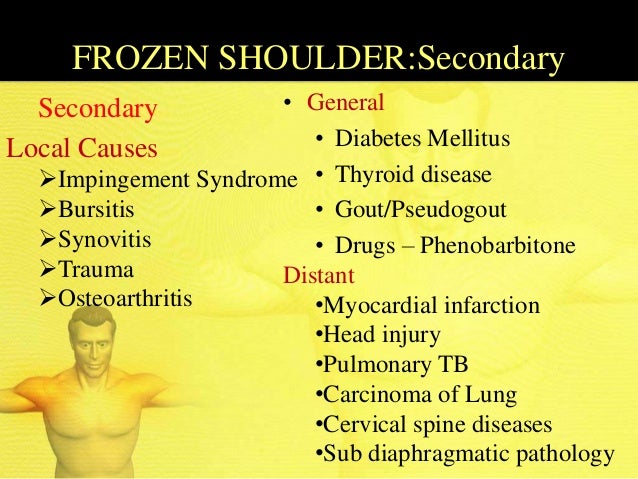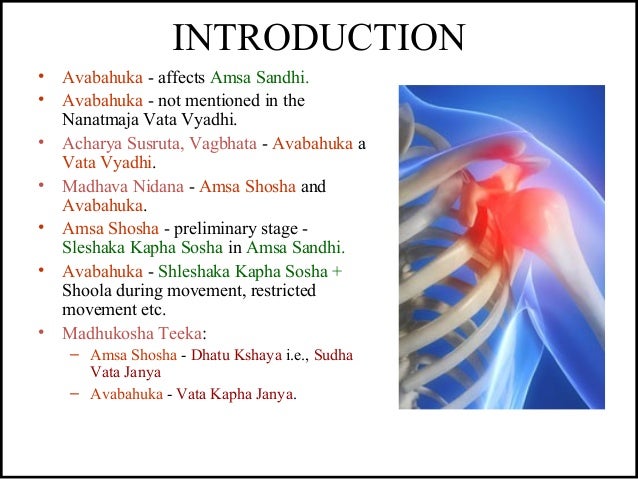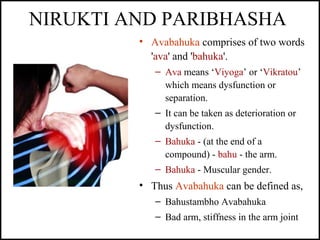108 Glen Osmond Road, Parkside

What is Frozen Shoulder (Adhesive Capsulitis) :
Frozen shoulder, also called adhesive capsulitis, is a painful condition in which the movement of the shoulder becomes limited.
Frozen shoulder occurs when the strong connective tissue surrounding the shoulder joint (called the shoulder joint capsule) become thick, stiff, and inflamed. (The joint capsule contains the ligaments that attach the top of the upper arm bone [humeral head] to the shoulder socket [glenoid], firmly holding the joint in place. This is more commonly known as the "ball and socket" joint.)
The condition is called "frozen" shoulder because the more pain that is felt, the less likely the shoulder will be used. Lack of use causes the shoulder capsule to thicken and becomes tight, making the shoulder even more difficult to move -- it is "frozen" in its position.

The actual cause of adhesive capsulitis is a matter of debate. Some believe it is caused by inflammation, such as when the lining of a joint becomes inflamed (synovitis), or by autoimmune reactions, where the body launches an "attack" against its own substances and tissues. Other possible causes include:

Often, however, there is no clear reason why adhesive capsulitis develops.
Frozen shoulder stages :

Frozen shoulder often occurs in three stages:
Freezing stage — involves a slow progression of shoulder stiffness and pain. The shoulder begins to lose motion as pain progresses. This stage can span from six weeks to nine months.
Frozen stage — features an improvement in pain levels, but stiffness persists. This stage may last between four and nine months.
Thawing stage — occurs when the shoulder motion gradually returns to a normal state of functioning. This stage can take anywhere from five to 26 months.
The first signs of frozen shoulder vary between women and men—a woman may have difficulty doing up her bra, or a man may have trouble getting his wallet out of the back pocket of his pants. Your shoulder may also be painful when you reach to put on a seat belt or to take the ticket from the machine in the car park.
Ayurvedic view of Frozen shoulder pain :-

In Ayurveda, shoulder pain is called as Amsa Sandhi Shula and is divided in different types with causes as:-
* Dislocation of Shoulder joint : If shoulder joint gets dislocated, Vata gets derangement leading to shoulder pain. Along with it, Kapha gets dry leading to joint instability.
* Amavata : Due to poor digestion, Toxins called as Ama accumulates at different parts of the body. Amavata occurs when this accumulated ama in shoulder joint gets vitilated due to Vata.
* Avabuhuka : In Ayurveda, Frozen shoulder is referred to as Ababahuka. It is caused by the vitiation of the Vata dosha which when accumulated in the joints absorb fluids of the joints making it dry and stiff

Ayurvedic Treatment for Frozen Shoulder Pain :-
The Ayurvedic treatment of frozen shoulder is aimed at treating stiffness and pain and preserving the mobility of the shoulder joint. Ayurveda treatment aims at balancing the vitiated vata. Different Herbs and Herbal combinations along with panchakarma therapies are effective to cure Frozen shoulder from it's root cause.
Herbs used for Frozen shoulder are :
Herbal compounds used for Frozen Shoulder are:
Ayurvedic Therapies used for Frozen Shoulder are :

People affected with frozen shoulders generally try analgesics steroids, anti-inflammatory medications, etc which relieve the pain for some time but are not a definitive cure of pain as a result of which there is a recurrence of pain on a frequent basis. Because of this, the affected individual resorts to using injections and tablets repetitively, and hence instead of eliminating the main cause of the pain and relieving the symptoms, it actually increases them in severity.

The main aim of Ayurvedic treatment is to eliminate root cause of shoulder pain and give definitive cure for this disease. Ayurveda has several effective internal medications and external treatments for frozen shoulder. However, it should be administered only after meeting a qualified Ayurvedic physician, as he will be able to prescribe the right therapies based on your particular body type and condition. You can contact qualified and experienced Ayurvedic doctors here.
Disclaimer : Sandeep Kumar and Anupam Vasudeva are not GP, they have Ayurveda medical degree from India where it is considered equal to any other medical degree. This qualification is recognized in Australia by vetassess governing body as Complementary Health Therapists. Life Line Ayurvedic Herbal Clinic does not claim to cure a disease or terminal illness and does not create any unreasonable expectation of beneficial treatment. Ayurvedic medicines and treatments are generally considered to be safe but rarely may be associated with possible adverse reactions in individual cases. We recommend seeking urgent medical attention in the case of an adverse reaction. This website provides you with information. You must contact your Ayurvedic or another health professional before you apply them. Read More